Corrective jaw surgery (orthognathic surgery) addresses skeletal discrepancies to optimize function, facial balance, and long-term oral health. Refer with confidence—our team delivers precise, reliable, and patient-centred care.
The way your facial bones and teeth develop can affect not only your appearance, but also your ability to chew, speak, and maintain long-term oral health. Corrective jaw surgery (orthognathic surgery) may be recommended to realign the jaws and restore both function and harmony to your facial structure.
While this type of surgery can significantly improve jaw function, many patients also experience enhancements in facial aesthetics and self-confidence. A successful outcome often requires collaboration between your oral surgeon, orthodontist, family dentist, and other practitioners.
During your consultation, your surgeon will assess your condition, explain your treatment options, and walk you through the expected timeline of care.
Corrective jaw surgery may involve multiple phases of treatment, including surgery, orthodontics, and postoperative care. Some fees may be eligible for coverage through provincial health insurance (OHIP) or your private dental plan—though coverage varies.
Please note: All surgery-related fees are billed directly to the patient, and private insurance may not reimburse all costs. Contact our office for a personalized estimate and guidance on navigating your insurance coverage.

Before your appointment, our oral and maxillofacial surgery team will provide clear preoperative instructions and guide you through each step of your hospital-based surgery and recovery.
Proper preparation is essential for a successful orthognathic procedure. Here are some pre-surgery tips:
To make your recovery smoother and more comfortable, we recommend gathering the following items in advance:
Initial Recovery & Visitors
You’ll spend a few hours in the recovery room before being moved for observation. Limit visitors to close family members to maintain a calm healing environment. Rest and quiet are key during the first 7–10 days after surgery.
Swelling & Discomfort
Swelling peaks around 48 hours post-op and gradually subsides over 1–2 weeks. Ice packs, steroids, and keeping your head elevated will help. Discomfort is usually mild and managed with prescribed pain medication.
Nausea & Saliva Management
Nausea may occur post-op. If you feel sick, turn your head to the side to let fluids drain naturally. Some bleeding or increased saliva is normal—especially if you’ve had upper jaw surgery.
Nasal Congestion
Congestion is common after jaw surgery and can be managed with nasal sprays and gentle cleaning. Don’t blow your nose for two weeks to avoid disrupting healing.
Diet & Jaw Care
Even if your jaws aren’t wired, avoid chewing for the first few weeks. Start with liquids, then slowly transition to mashed or soft foods. Follow your surgeon’s dietary timeline carefully to protect the surgical site.
Oral Hygiene
A soft toothbrush, mouthwash, and moistened swabs will help maintain hygiene during the early days.
Speech & Activity
Speech may be affected at first but improves with practice. Begin walking as soon as you’re able—it promotes circulation and speeds healing.
Emotional & Physical Well-Being
Some post-op fatigue or low mood is normal in the first few days. Stay well-nourished, hydrated, and rest as much as needed. Minor weight loss is common but typically temporary.
Elastics & Jaw Stability
Most patients won’t need their jaws wired thanks to rigid fixation. Light elastics may be used to support your bite—do not remove them unless instructed.
Follow-Up & Discharge
Most patients go home 2–3 days after surgery with medications, dietary guidance, and a follow-up appointment scheduled within a week.
The temporomandibular joint (TMJ) connects your jawbone to your skull and plays a crucial role in everyday functions like speaking, chewing, and even yawning. When this joint is not working properly, it can lead to pain, limited movement, and other disruptive symptoms.
If TMJ pain is affecting your daily life, our experienced team is here to help. We will work with you to create a personalized care plan that restores function and comfort.
If you are experiencing one or more of the following symptoms, a TMJ disorder may be the cause:
TMJ disorders can stem from multiple factors, including:
When muscles and joints are out of balance, they can fall into a cycle of spasm and inflammation, worsening symptoms over time if left untreated.
We offer therapeutic injection of Botox® as a non-invasive treatment option for patients suffering from TMJ-related facial pain, jaw tension, or headaches caused by excessive grinding and clenching.
How it works:
Benefits of Botox for TMJ:
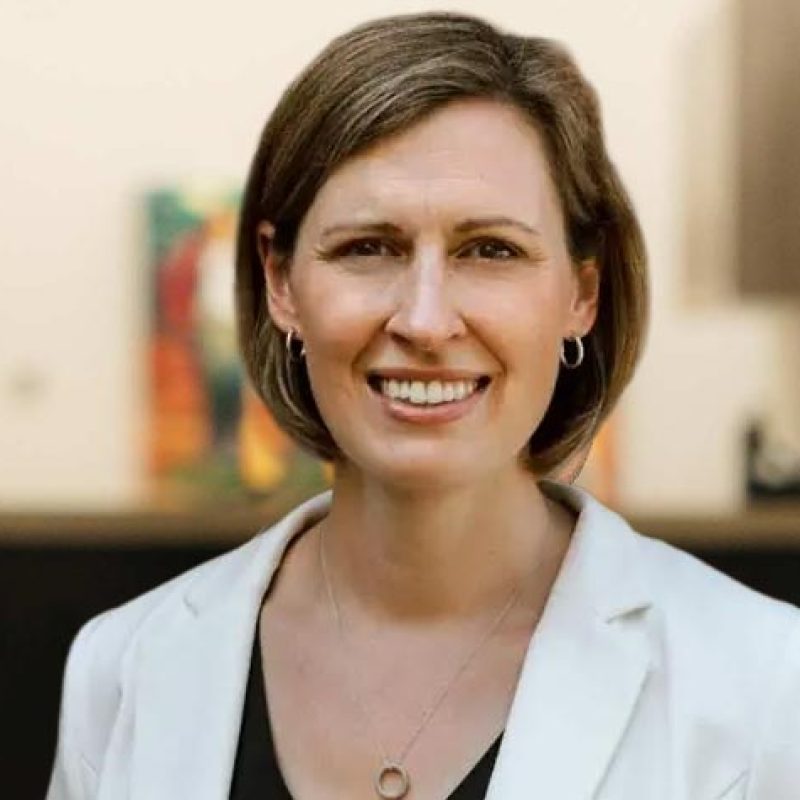
Dr. Christina McCord completed her DDS at Western in 2009 and her specialty training in oral medicine and oral pathology at the University of Toronto in 2013. Dr. McCord is a Fellow of the Royal College of Dentists of Canada. After finishing her specialty training, Dr. McCord worked as an Assistant Professor at the University of Toronto for 18 months, and then moved to London to take a position at Western in 2015. Currently, Dr. McCord is an Associate Professor, with tenure, at Western University.
Dr. McCord is also actively involved in the dental community. She is a past president of both the London and District Dental Society and the Canadian Dental Specialties Association. She is also the current President of the Canadian Association of Oral and Maxillofacial Pathology and Oral Medicine. She is the chief examiner for the RCDC Fellowship Examinations in oral medicine and oral pathology and recently completed a 4-year term as the lead examiner for the National Dental Specialty Exam (NDSE) in oral medicine and oral pathology.
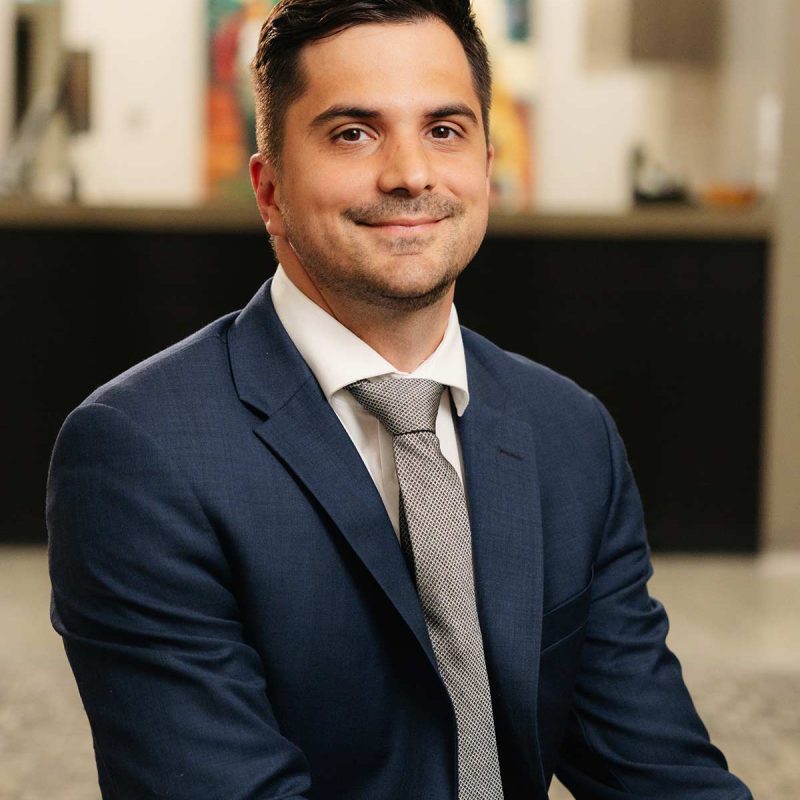
Dr. Damir Rosić was born in Bremen, Germany before moving to Trois-Rivieres, Quebec with his family at a young age. He had the opportunity to learn French and become a Montreal Canadiens fan. He completed his dental undergraduate studies at the Université de Montréal where he also had the privilege of representing the Carabins soccer program. After obtaining his Doctorate of Medicine in Dentistry (DMD), he moved back to the Greater Toronto Area where he practiced as a General Dentist for one year. He then went on to complete the General Practice Residency (GPR) at Western University before being accepted into the Oral and Maxillofacial Surgery program. He also obtained his Doctorate in Medicine (MD) as well as Master’s of Science in Pathology from Western University. Damir is a board-certified Fellow of the Royal College of Dentists of Canada in Oral & Maxillofacial Surgery. He is an active member of the London and Elgin District Dental Societies.
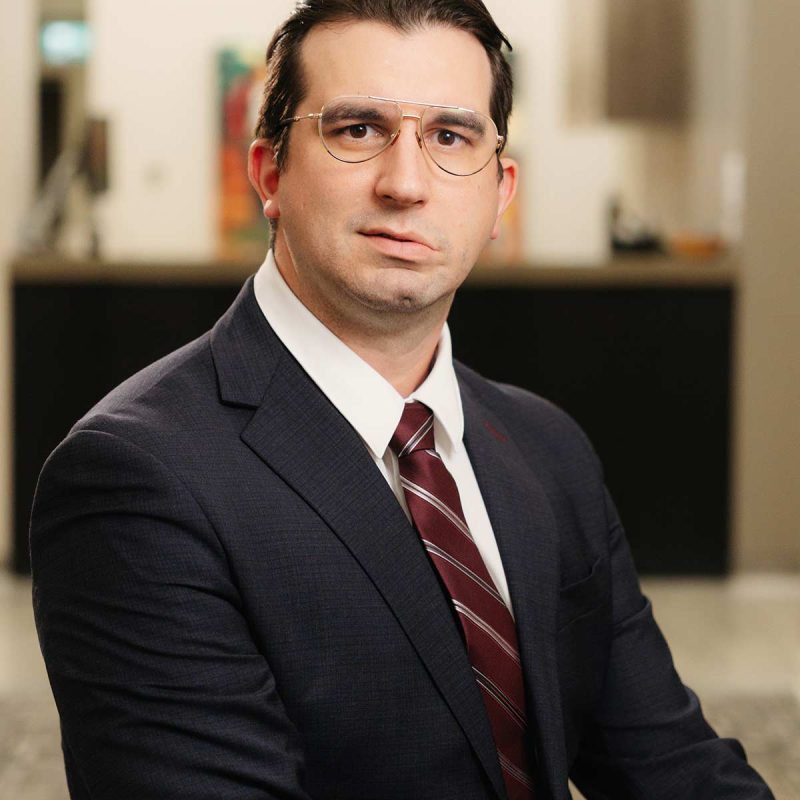
Dr. Benjamin Rogala was born and raised in Winnipeg, Manitoba. He earned a degree in Biopsychology and Neuroscience from the University of Winnipeg before completing his Doctor of Dental Medicine (DMD) at the University of Manitoba School of Dentistry in 2013.
Following his dental studies, Dr. Rogala undertook a general practice residency in hospital dentistry at Foothills Medical Centre in Calgary, Alberta, in 2014. He then spent two years practising as a general dentist before relocating to London, Ontario, to pursue specialty training in Oral and Maxillofacial Surgery at the University of Western Ontario.
During his residency, Dr. Rogala also earned a Master of Science in Pathology and a Medical Degree. He subsequently completed advanced fellowship training in Orthognathic Surgery and Temporomandibular Joint (TMJ) Surgery—including joint replacement and arthroscopic procedures—at the University of Toronto in 2023.
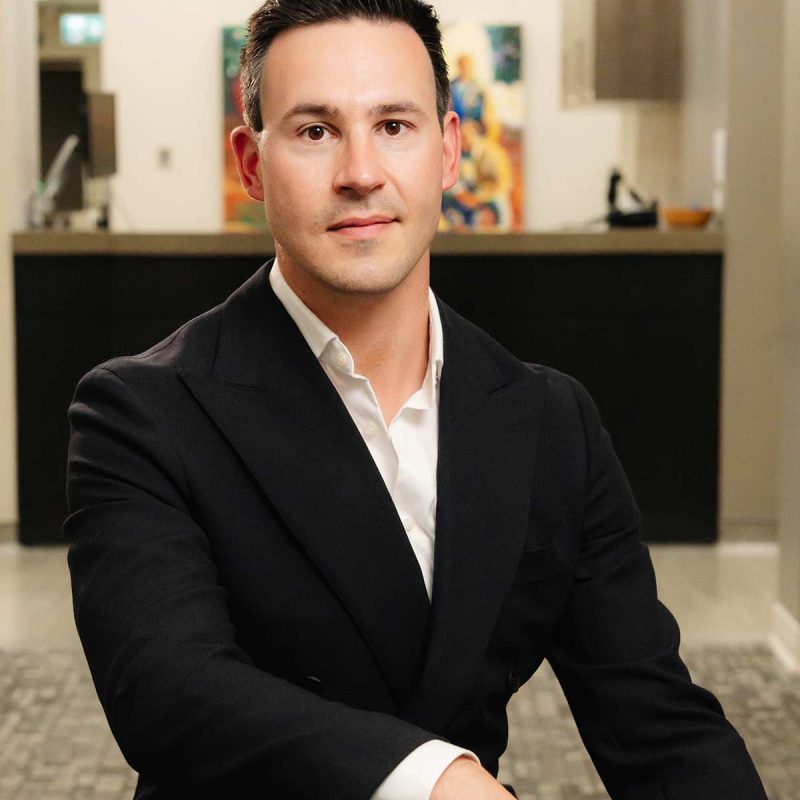
Dr. Christopher A. Fanelli, born and raised in London, Ontario, is proud to call the Forest City home. He completed his undergraduate studies at the University of Western Ontario before earning his Doctor of Dental Surgery (DDS) degree from the University of Southern California – Ostrow School of Dentistry in 2015.
Dr. Fanelli went on to complete his residency in Oral and Maxillofacial Surgery at the University of Miami – Miller School of Medicine, where he served as chief resident. He further specialized with a fellowship in Endoscopic Maxillofacial and Minimally Invasive Surgery at the Harvard School of Dental Medicine / Massachusetts General Hospital. During this time, he also held a faculty position as an Attending Clinical Instructor of Surgery at both Harvard Medical School and the Harvard School of Dental Medicine.
A board-certified Fellow of the Royal College of Dentists of Canada in Oral and Maxillofacial Surgery, Dr. Fanelli is an active member of the London and Elgin District Dental Societies. He continues to publish research in international peer-reviewed journals in collaboration with his colleagues at Interface and regularly lectures both nationally and internationally.
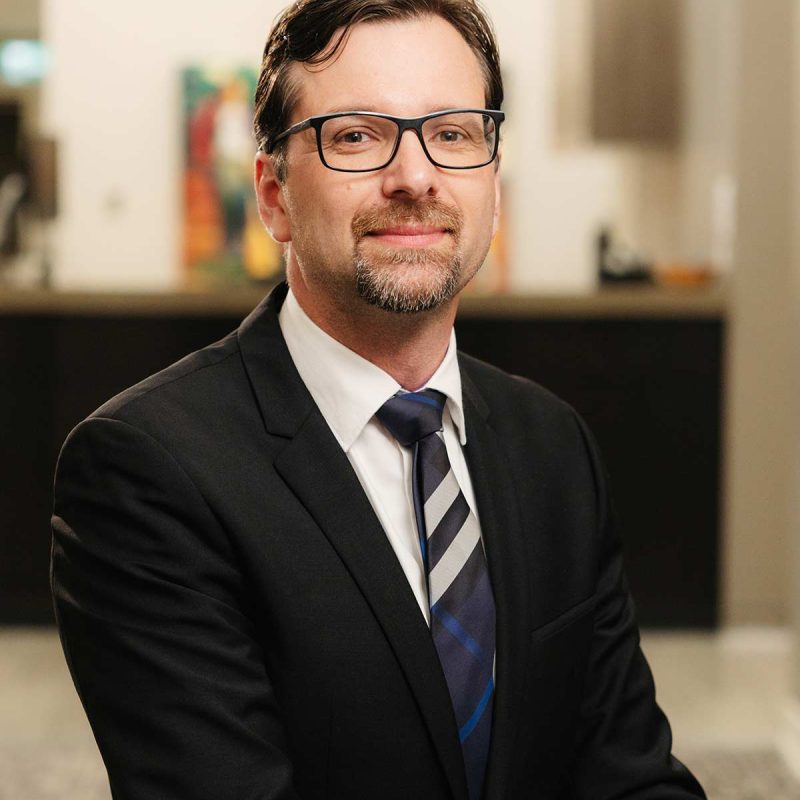
Dr. Kerr was born and raised in Woodstock, New Brunswick. He obtained his Bachelor of Science degree from St. Francis Xavier University followed by his Doctor of Dental Surgery from Dalhousie University. He then pursued additional hospital based dental training and served as a General Practice Resident at London Health Sciences Centre. Dr. Kerr completed his Oral and Maxillofacial Surgery specialty training at the University of Western Ontario, where he also obtained his Masters of Science in Pathology, as well as a Medical Degree. He is a past president of the Ontario Society of Oral and Maxillofacial Surgeons.
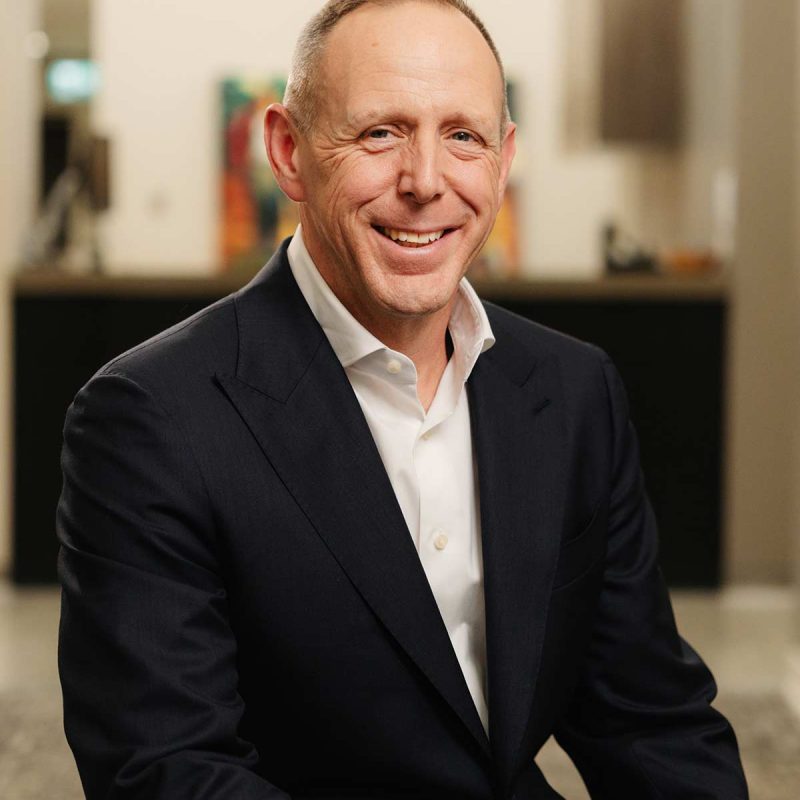
Dr. Michael D. Kirton was born in Scarborough and raised in Unionville, Ontario. He earned both his undergraduate degree and Doctor of Dental Surgery (DDS) from the University of Western Ontario, graduating in 1996. Following dental school, he completed a dental internship at the London Health Sciences Centre in 1997. He then pursued specialized training in Oral and Maxillofacial Surgery at the University of Illinois at Chicago, completing the program in 2001.
Since returning to Canada, Dr. Kirton has maintained a private practice in London, Ontario. He is a Fellow of the Royal College of Dentists of Canada and holds membership in several professional organizations.
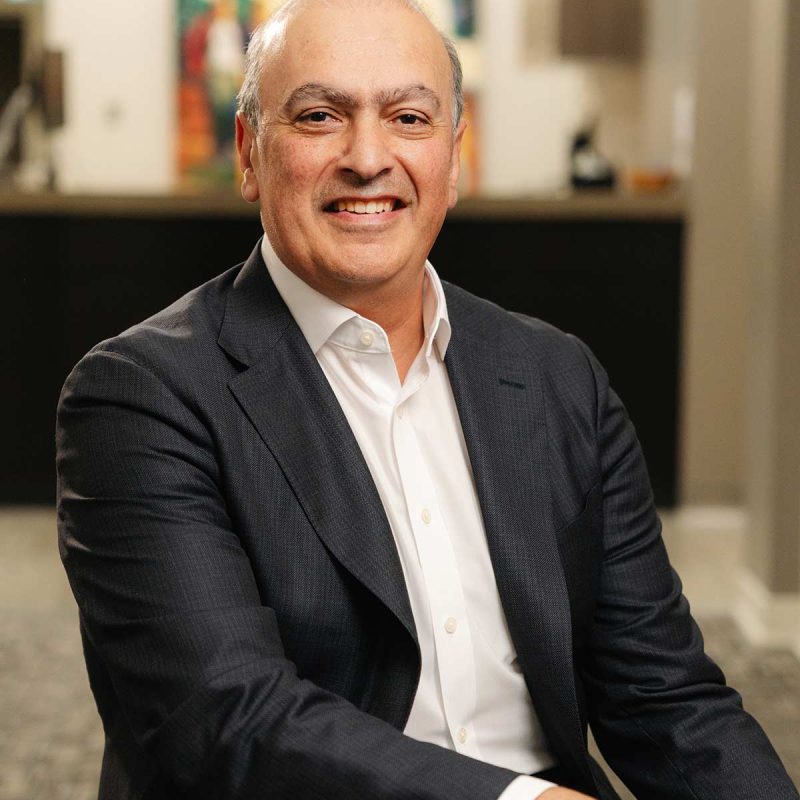
Dr. Keyvan Abbaszadeh, originally from Tehran, Iran, has called Canada home since 1985. He earned his Bachelor’s degree from the University of Toronto in 1990, followed by his Doctor of Dental Medicine degree from Tufts University School of Dental Medicine in 1994. He went on to complete a post-graduate internship at Brigham and Women’s Hospital/Harvard University in Boston, Massachusetts, and finished his residency in Oral and Maxillofacial Surgery at the University of Illinois at Chicago in 1999.
Since then, Dr. Abbaszadeh has been in private practice in London, Ontario. He is a Fellow and examiner of the Royal College of Dentists of Canada, a Diplomate of the American Board of Oral and Maxillofacial Surgery, and a Fellow of the International College of Dentists. He is also a Fellow of the American College of Surgeons. He also serves as an Adjunct Clinical Professor at the Schulich School of Medicine & Dentistry at Western University.
Dr. Abbaszadeh is a past president of both the London and District Dental Society and the Ontario Society of Oral and Maxillofacial Surgeons. His clinical interests include orthognathic surgery, facial trauma, and dental implant surgery.
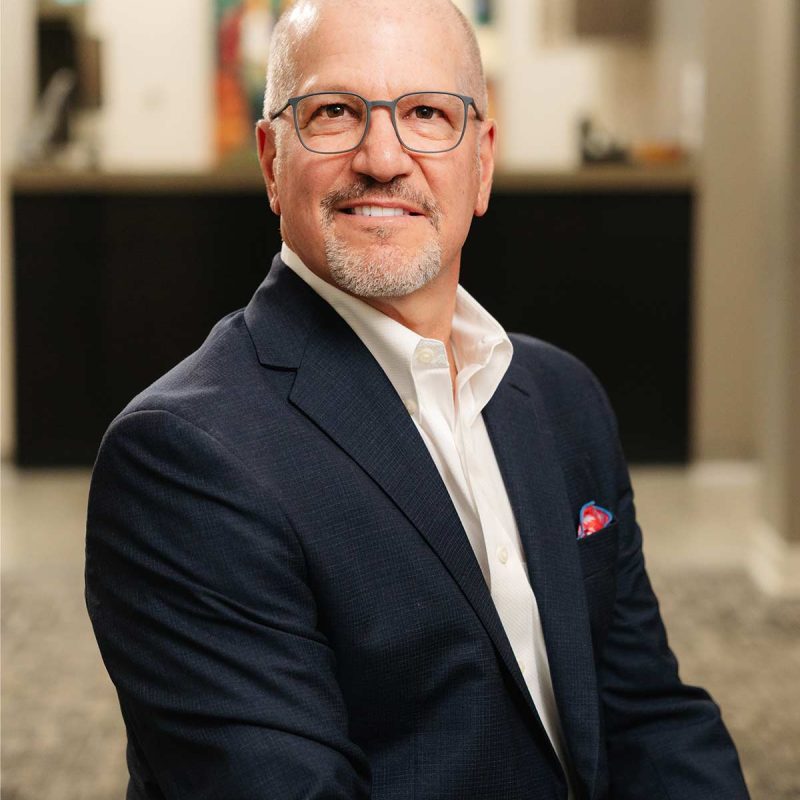
Dr. Mitchell Kravitz, originally from Montreal, Quebec, completed both his undergraduate studies and dental training at McGill University, earning his Doctor of Dental Surgery degree in 1989. He went on to complete a 4 year residency program in Oral and Maxillofacial Surgery at Bellevue Hospital Center/New York University in 1993. Upon returning to Canada, Dr. Kravitz joined the Interface Oral & Maxillofacial Surgery group practice in London, Ontario, prior to the opening of the 2nd and 3rd offices in St. Thomas and Sarnia.
He is a Fellow of the Royal College of Dentists of Canada and maintains active memberships in several professional associations. While his practice covers a wide scope of oral and maxillofacial surgery, he has a special interest in dental implant tooth replacement and bone graft reconstruction.
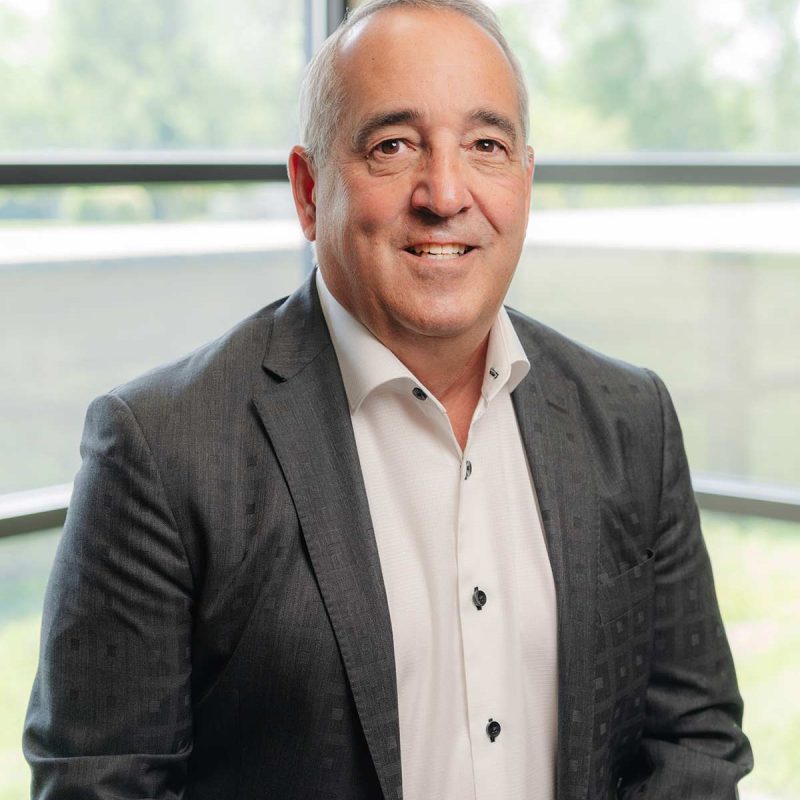
Dr. Giorgio Aiello earned his Doctor of Dental Surgery (DDS) degree from the University of Western Ontario in 1985, followed by an internship at the London Health Sciences Centre. He went on to complete his residency in Oral and Maxillofacial Surgery at McGill University in Montreal, Quebec, where he also obtained a Master of Science degree in 1992.
Dr. Aiello has been in private practice in London, Ontario ever since. He is a Fellow of the Royal College of Dentists of Canada, a Fellow of the International Team for Implantology (ITI), and holds a Fellowship with the International College of Dentists.
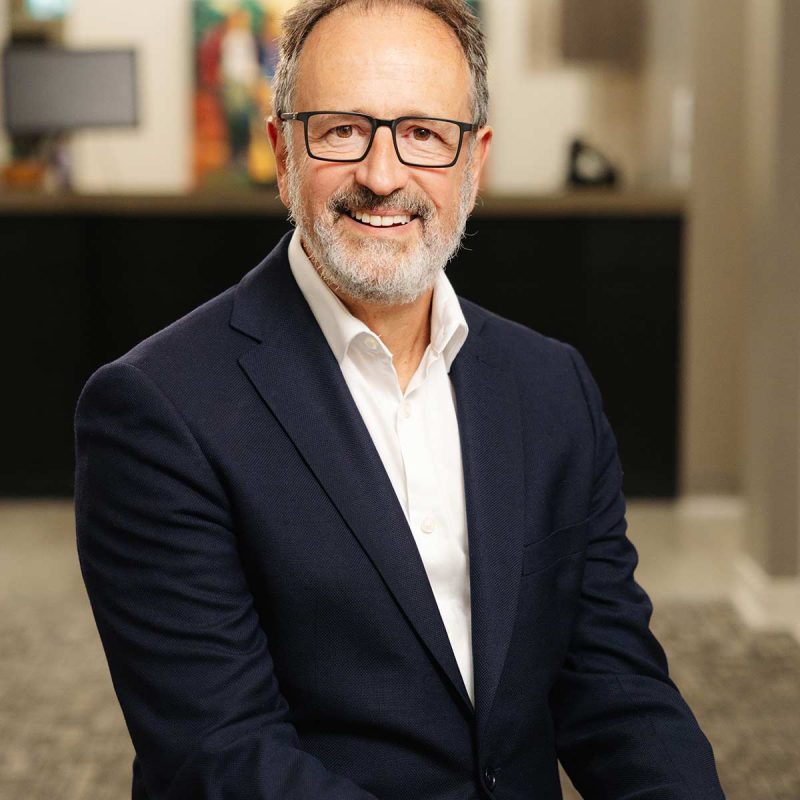
Dr. William L. Frydman, originally from Toronto, earned his Doctor of Dental Surgery (DDS) degree from the University of Toronto in 1983. He then completed a dental internship at Mount Sinai Hospital before pursuing a residency in Oral and Maxillofacial Surgery at the University of Illinois and Cook County Hospital in Chicago. In 1991, he received his Master of Science degree in microsurgery from the University of Illinois.
Since 1989, Dr. Frydman has been practising Oral and Maxillofacial Surgery privately in London, Ontario. He is a Fellow of the Royal College of Dentists of Canada, where he also serves as an examiner. In addition, he is a Diplomate of the American Board of Oral and Maxillofacial Surgery.
Dr. Frydman held the position of Clinical Associate Professor of Surgery at the University of Illinois at Chicago and served as Associate Program Director (Canada) for the university’s Oral and Maxillofacial Surgery program from 1997 to 2007. He is currently an adjunct clinical professor at Western University, where he regularly lectures in the graduate Orthodontics department.
Dr. Frydman is Chief of Surgery at St. Thomas Elgin General Hospital and is a past Chair of the Canadian Association of Oral and Maxillofacial Surgeons Foundation for Continuing Education and Research. He has received numerous teaching and meritorious service awards from the University of Illinois in Chicago, as well as recognition from provincial and national dental associations.
Deeply committed to global outreach, Dr. Frydman has participated in multiple surgical missions to underserved regions, providing care to children and adults with facial anomalies such as cleft lip and palate. His academic contributions include research and publications in both basic science and clinical fields. His primary clinical interests focus on corrective and reconstructive maxillofacial surgery.
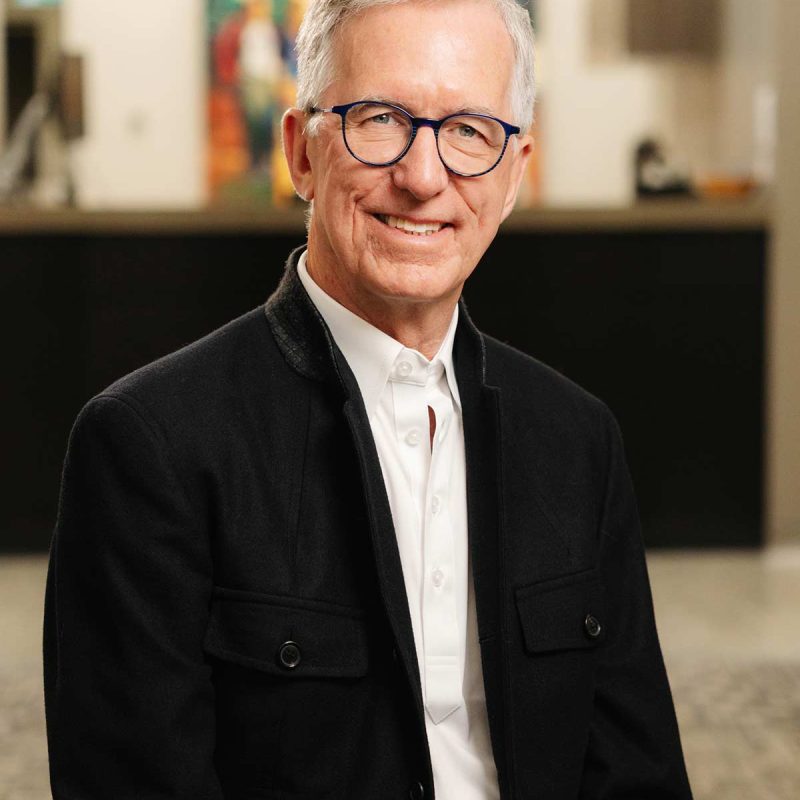
Dr. William G. Abbott was born in Regina, Saskatchewan and raised in Sarnia, Ontario. He earned his undergraduate degree from the University of Western Ontario and completed his Doctor of Dental Surgery at the University of Toronto in 1976. He then undertook a hospital internship at University Hospital in London, Ontario, followed by a residency in Oral and Maxillofacial Surgery at Michael Reese Hospital and Medical Center in Chicago, Illinois.
Dr. Abbott has been in private practice in London, Ontario since 1980. He is a Fellow of the Royal College of Dentists of Canada and a former examiner for the College. He also holds Diplomate status with the American Board of Oral and Maxillofacial Surgery. His leadership roles include past presidency of both the Canadian Association of Oral and Maxillofacial Surgeons and the London and District Dental Society.
Previously, Dr. Abbott served as Associate Clinical Professor of Oral and Maxillofacial Surgery at the University of Illinois at Chicago. He is a Fellow of the International Team for Implantology (ITI), where he currently acts as Study Club Coordinator for the Canadian Section. A frequent speaker at study clubs and dental society meetings, he is also an Honorary Fellow of the Academy of Dentistry International and the Pierre Fauchard Academy.